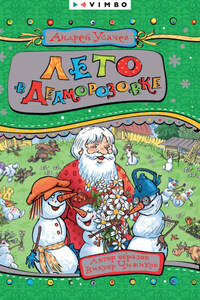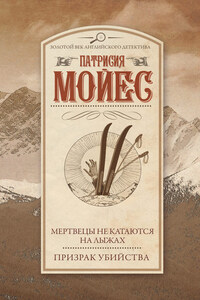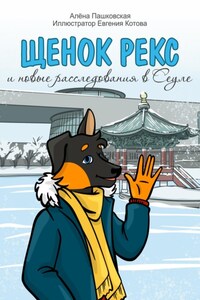Chapter I
I was still a child when I was taken away from my father's house to begin my studies at the school of Dr. Lorenzo María Lleras, established in Bogotá a few years before, and famous throughout the Republic at that time.
On the night before my journey, after the evening, one of my sisters came into my room, and without saying a word of affection to me, for her voice was filled with sobs, she cut a few hairs from my head: when she came out, some of her tears had rolled down my neck.
I fell asleep in tears, and experienced as it were a vague presentiment of the many sorrows I should suffer afterwards. Those hairs taken from a child's head; that caution of love against death in the face of so much life, made my soul wander in my sleep over all the places where I had spent, without understanding it, the happiest hours of my existence.
The next morning my father untied my mother's arms from my head, wet with tears. My sisters wiped them away with kisses as they bade me farewell. Mary waited humbly for her turn, and stammering her farewell, pressed her rosy cheek to mine, chilled by the first sensation of pain.
A few moments later I followed my father, who hid his face from my gaze. The footsteps of our horses on the pebbly path drowned my last sobs. The murmur of the Sabaletas, whose meadows lay to our right, was diminishing by the minute. We were already rounding one of the hills along the path, on which desirable travellers used to be seen from the house; I turned my eyes towards it, looking for one of the many loved ones: Maria was under the vines that adorned the windows of my mother's room.
Chapter II
Six years later, the last days of a luxurious August greeted me on my return to the native valley. My heart was overflowing with patriotic love. It was already the last day of the journey, and I was enjoying the most fragrant morning of the summer. The sky had a pale blue tinge: to the eastward and over the towering crests of the mountains, still half mourned, wandered a few golden clouds, like the gauze of a dancer's turban scattered by an amorous breath. To the south floated the mists that had blanketed the distant mountains during the night. I crossed plains of green grassland, watered by streams whose passage was obstructed by beautiful cows, which abandoned their grazing grounds to wander into the lagoons or along paths vaulted by flowering pines and leafy fig trees. My eyes had fixed greedily on those places half hidden from the traveller by the canopy of the ancient groves; on those farmhouses where I had left virtuous and friendly people. At such moments my heart would not have been moved by the arias of U***'s piano: the perfumes I inhaled were so pleasing compared to that of her luxurious dresses; the song of those nameless birds had harmonies so sweet to my heart!
I was speechless before so much beauty, the memory of which I had thought I had preserved in my memory because some of my stanzas, admired by my fellow students, had pale tints of it. When in a ballroom, flooded with light, full of voluptuous melodies, of a thousand mixed scents, of whispers of so many seductive women's clothes, we meet the one we dreamed of at eighteen, and a fugitive glance of hers burns our forehead, and her voice makes all other voices mute for us for an instant, and her flowers leave behind them unknown essences; then we fall into a heavenly prostration: our voice is powerless, our ears no longer hear hers, our eyes can no longer follow her. But when, our minds refreshed, she returns to our memory hours later, our lips murmur her praise in song, and it is that woman, it is her accent, it is her look, it is her light step on the carpets, which imitates that song, which the vulgar will believe to be ideal. Thus the sky, the horizons, the pampas and the peaks of the Cauca, make those who contemplate them fall silent. The great beauties of creation cannot be seen and sung at the same time: they must return to the soul, pale by unfaithful memory.


















